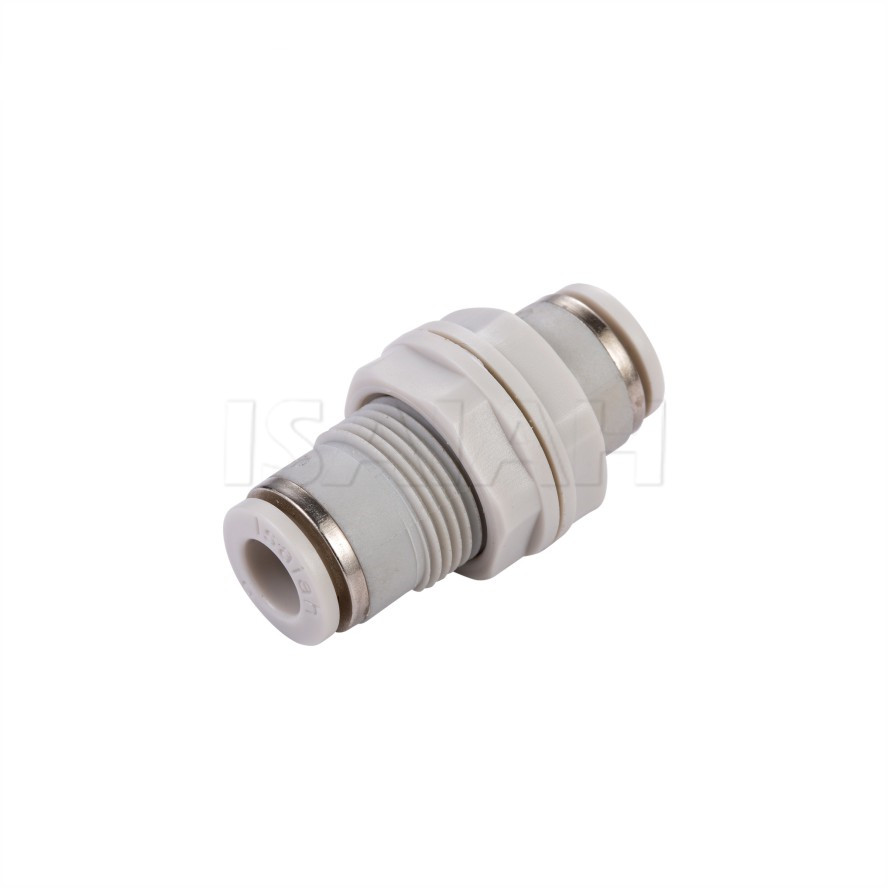- All
- Product Name
- Product Keyword
- Product Model
- Product Summary
- Product Description
- Multi Field Search
Please Choose Your Language
- English
- العربية
- Français
- Русский
- Español
- Português
- Deutsch
- italiano
- 日本語
- 한국어
- Nederlands
- Tiếng Việt
- ไทย
- Polski
- Türkçe
- አማርኛ
- ພາສາລາວ
- ភាសាខ្មែរ
- Bahasa Melayu
- ဗမာစာ
- தமிழ்
- Filipino
- Bahasa Indonesia
- magyar
- Română
- Čeština
- Монгол
- қазақ
- Српски
- हिन्दी
- فارسی
- Kiswahili
- Slovenčina
- Slovenščina
- Norsk
- Svenska
- українська
- Ελληνικά
- Suomi
- Հայերեն
- עברית
- Latine
- Dansk
- اردو
- Shqip
- বাংলা
- Hrvatski
- Afrikaans
- Gaeilge
- Eesti keel
- Māori
- Home
- About Us
- Products
- Air Fittings
- Clean Fittings
- Chemical Fittings
- Flame Retardant Fittings
- Hydraulic Hose Fittings
- 304/316L Stainless Steel Fittings
- 316L Stainless Steel Fittings
- 316 Stainless Steel Push on Fittings
- 304/316 Stainless Steel Push On Fittings
- 304 Stainless Steel Transition Fittings
- One Touch Fittings
- 316L Stainless Steel Fittings With Double Ferrule
- Speed Control Valves
- ISE Quick Exhaust Valves
- Stop Fittings
- Check Valves
- Hand Valves
- Air Control Valve (QKF)
- Hand Slide Fitting
- Ball Valves
- Mini Fittings
- Mini Compression Fittings
- Super Mini Fittings
- Push in Fittings
- NT Series Brass Fittings
- AT Series Brass Air Fittings
- DT Double Sealing Push in Fittings
- Push on Fittings
- Transition Fittings
- Compression Fittings
- Copper Zinc-free Fittings SF Series
- Quick Couplers
- Industry Specific Fittings
- Pagoda Style Threaded Fittings
- Push in Fitting with DOT Series
- Special Products for Lithium Battery Industry
- Copper/zinc-free Specification Quick Connecting Tube Fittings SF Series
- Stainless Steel Fittings
- 316L Stainless Steel Fittings
- 304 Stainless Steel Push on Fittings
- 316 Stainless Steel Push On Fittings Series With Ferrule
- Stainless Steel Transition Fittings
- Stainless Steel Speed Control Valves
- Hand Valves
- PU Tubes
- Nylon Tube
- Silencers
- Valves
- 100 Series Solenoid Valve
- 200 Series Solenoid Valve
- 300 Series Solenoid Valve
- 400 Series Solenoid Valve
- 100-400 Series Valve Base
- 3V1 Series Solenoid Valve
- 2S Series Solenoid Valve
- PU220 Series Solenoid Valves
- PU225 Series Solenoid Valves
- 2L (US) Series Solenoid Valves
- I2V Series Solenoid Valve
- 2V Series Two-Position Two-Way Solenoid Valve
- 2W (UD) Series Solenoid Valve (Small Aperture)
- 2W (UW) Series Solenoid Valve (Large Aperture)
- 2W/2S Normally Open Series Solenoid Valves
- Push-pull Valve
- Hand Control Valve
- Auxiliary Valve Series
- KLA Series Check Valve
- 4F、FV Series Foot Valve
- MSV Series Mechanical Valve
- Air Cylinder
- SE Series Air Cylinder
- SI Series Air Cylinder
- SC Series Air Cylinder
- SU Series Air Cylinder
- MI Series Stainless Steel Mini Air Cylinder
- PB Pen Air Cylinder
- MA Series stainless steel mini cylinder
- MAL Series Aluminum Alloy Mini Air Cylinder
- SDA Series Thin Air Cylinder
- ICQ Series Thin Air Cylinder
- TN Twin-rod Air Cylinder
- MAL Series Pneumatic Accessories
- MD Series Multi-mount Pneumatic Cylinder
- IACK Series Rotary Clamp Cylinder
- ICJ1 Series Air Cylinder
- ICJP2 Series Pin Cylinder
- ICRA1 Series Rotary Actuator Rack & Pinion Type Cylinder
- ICRB Series Rotary Actuator Vane Type Cylinder
- ICRQ2 Series Compact Rotary Actuator Rack Pinion Style Cylinder
- ICU Series Free Mount Cylinder
- ICXS Series Dual Rod Cylinder
- ICXSW Series Dual Rod Cylinder
- ICY1L Series Magnetically Coupled Rodless Cylinder
- ICY1S Series Magnetically Coupled Rodless Cylinder
- ICY3B Series Cylinder with Lock
- ICY3R Series Magnetically Coupled Rodless Cylinder
- IJGL Series Stopper Cylinder
- IMGJ Series Miniature Guide Rod Cylinder
- IMGP Series Compact Guide Cylinder
- IMHC2 Angular Style Air Gripper
- IMHF2 Series Low Porfile Air Gripper
- IMHL2 Series Parallel Style Air Gripper
- IMHS Series Parallel Style Air Gripper
- IMHZ2 Series Parallel Style Air Gripper
- IMK Series Rotary Clamp Cylinder
- IMSQ Series Rotary Table Rack & Pinion Type Cylinder
- IMXF Series Table Cylinder
- IMXH Series Table Cylinder
- IMXP Series Table Cylinder
- IMXQ Series Table Cylinder
- IMXS Series Table Cylinder
- IMXW Series Table Cylinder
- ISC Series Rotary Cylinder
- ISTM Series Table Cylinder
- ICQM Series Compact Guide Rod Type Cylinder
- FRL unit
- Silencers
- PU TUBES
- Nylon Tube
- Flame Resistant Tube
- Air Blow Gun
- Shock Absorber
- Vacuum Generator
- Compact Vacuum Generator
- Mini Multistage Vacuum Generator
- Air Fittings
- Capability
- Resource
- News
- Contact Us






























